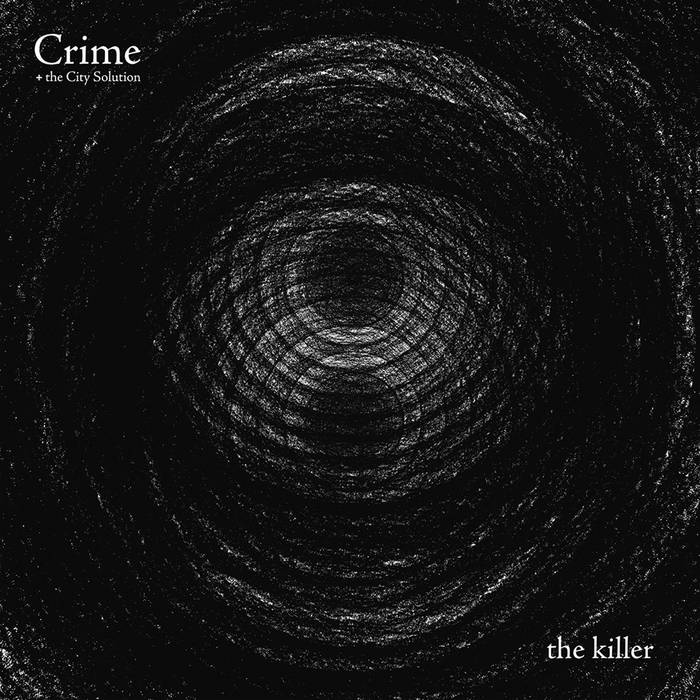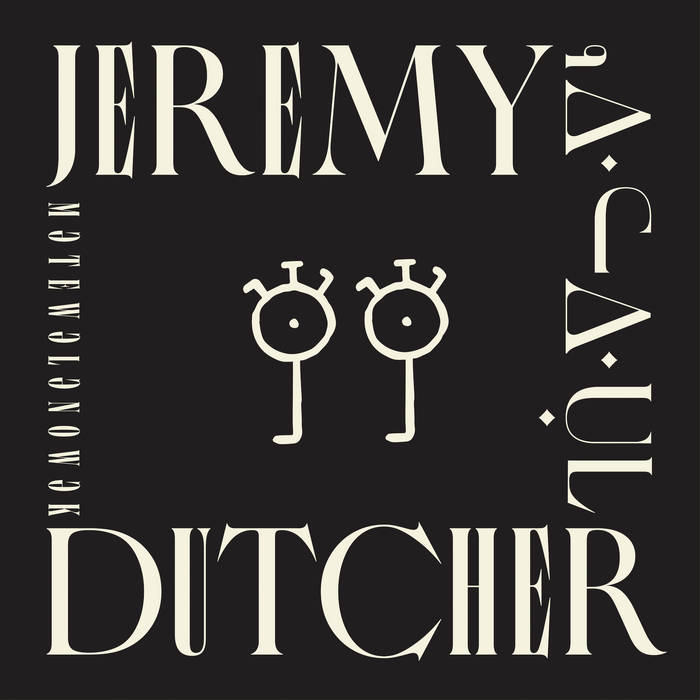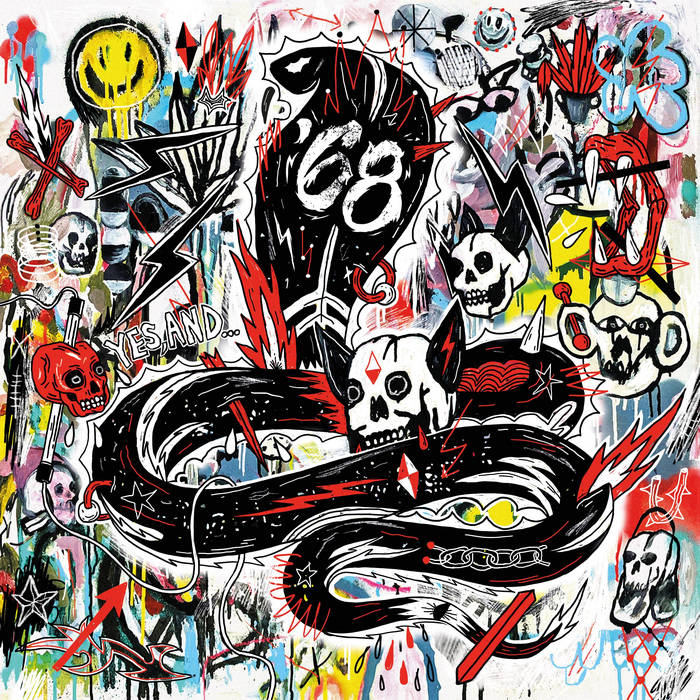
Crime & the City Solution "the killer"
the killer, the sixth studio album from Crime & the City Solution, and their first in over a decade will be released via mute, on October 20, 2023.
The album began life as a PhD application that came to life when the band s core members, Simon Bonney and Bronwyn Adams, found themselves stuck in their native Australia under one of the world s strictest lockdowns, their nomadic lifestyle put on pause by the pandemic. Naturally , says Simon, I sat and I pieced together a PhD application about decision making in Afghanistan in the late 80s. But as it turned out, it was actually more of a record than it was a PhD.
The PhD and, by turn, the album found inspiration from Bonney s work delivering aid programmes across the Indo-Pacific region. Through that work, he visited places with high levels of violence and the album, in part, acted as a way in which to process the effect that turmoil has had on his psyche, of the dead bodies in my dreams, that he sings about in the title track. He explains, There s no mention of American decision making in Afghanistan on the album, but in terms of subject matter there s a lot that s pretty similar; a lot of the record is about loss of faith.

Neighbourly "Neighbourly"
Despite having a concept in mind, Neighbourly didn’t want to limit themselves when it came to the process of recording the songs. Some songs evolved collaboratively within the group, while others were written naturally by individual members.
The band engineered the album themselves, and each song was produced by its respective writer. This project serves as a centrepiece showcasing the band’s growth over the past year. Mixing and mastering credits go to Latham Reader, who continues to support other artists in the Vancouver Island scene.
Neighbourly, the album, transcends through psych-funk grooves, calypso beach vibes, and dreamy shoegaze, offering the epitome of what the group has to offer.

Jeremy Dutcher "Motewolonuwok"
From Secret City Records:
“There is no one making music like this” – NPR Music
Dutcher originally vaulted himself into the upper echelons of Canadian performance with his 2018 debut, Wolastoqiyik Lintuwakonawa. Since winning the Polaris and JUNO Prizes, performing for NPR Tiny Desk, and collaborating with Yo-Yo Ma, Buffy St. Marie and Beverly Glenn Copeland, Dutcher returns with a moving and radiant exploration of contemporary Indigeneity and his place within it, presenting his most expansive work yet.
The Motewolonuwok album inspiration began with a poem by Cherokee writer Qwo-li Driskill. “From the heavy debris of loss, together we emerge,” a singular story of a two-spirit kin who was taken too soon, and calls us all together to witness, celebrate and heal. Jeremy sings in Wolastoqey — his native tongue, considered an endangered language — anchoring his work while he continues to reimagine the song traditions of his people from the banks of the Wolastoq River, just like he had previously done on his first full-length.
The new album also marks Dutcher’s first time writing and singing in English. A powerful invitation for collective healing and understanding. “Shared tongue is a beautiful gift, with a complicated reason,” Dutcher explains. These new English songs are also a way of singing directly to the newcomer, or settler, in their own language — a direct line of communication that seeks to platform his community’s stories of healing, resilience, and emergence to all that may hear.

'68 "Yes, and…"
From Distorted Sound Magazine:
Titled Yes, And…, the upcoming album from the Atlanta-based rock duo is the follow-up to 2021’s Give One Take One, and is scheduled to be released later this month, via Pure Noise Records.
Speaking about the upcoming new album, vocalist/guitarist Josh Scogin says, “this is by far the heaviest album ’68 has ever done. It wasn’t on purpose, it just sort of evolved into what it is. As soon as we could see the full gravitas of the album, we just leaned into it. Many of the bluesy tracks didn’t find a home and some of the parts that were on the fence, we doused with gasoline. For us, the pendulum has never been extended so far, in one direction. This is exciting because it was obvious how this album needed to turn out and it pretty much solidifies how the next album will end up as well.”